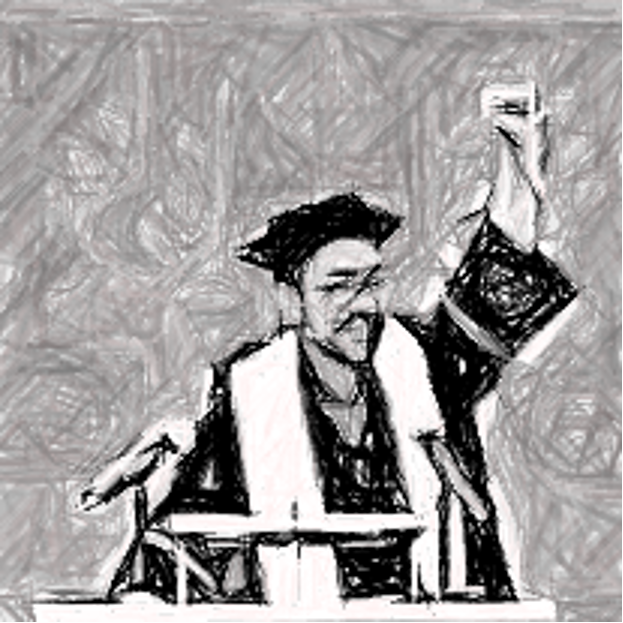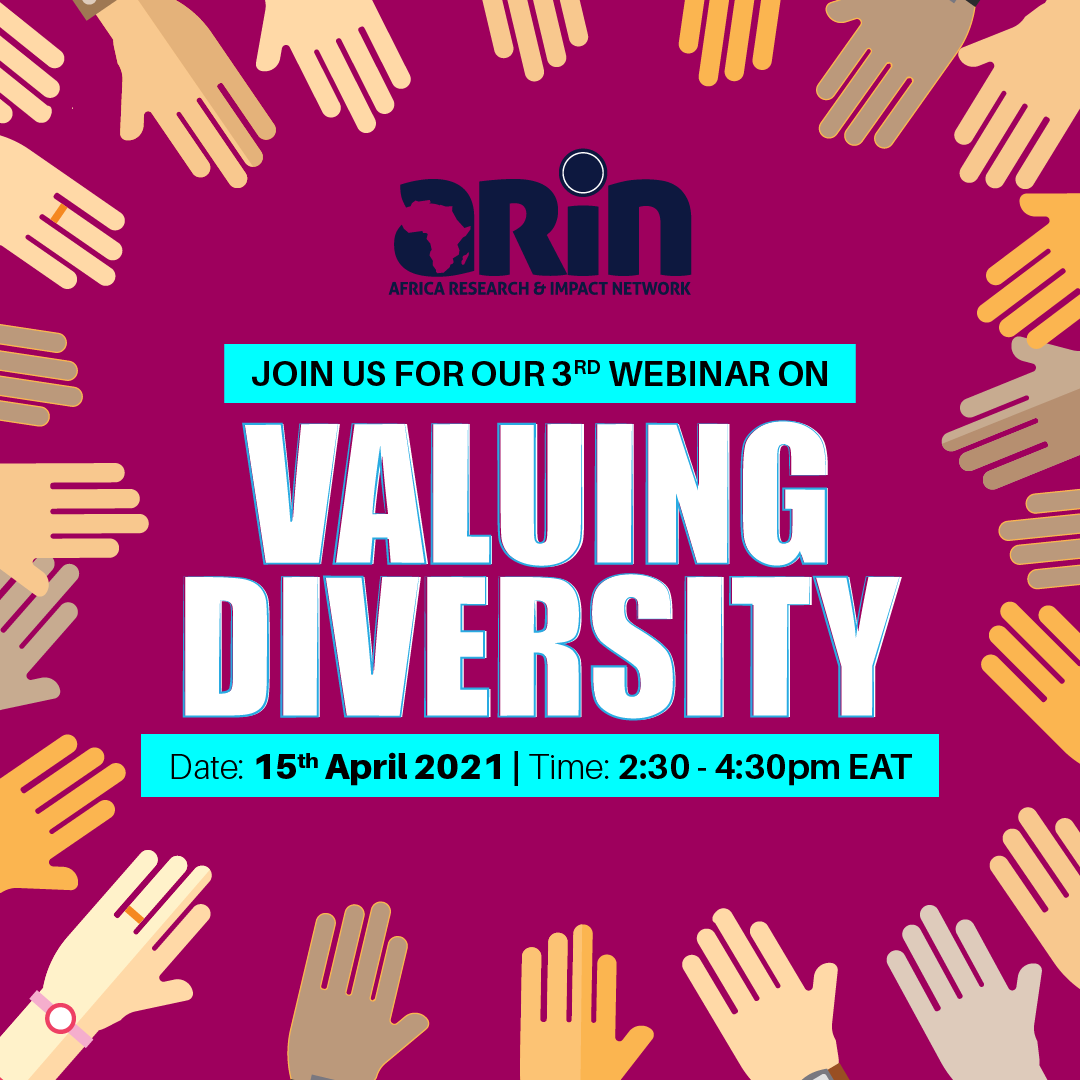Decolonising Methodologies to Sustainability in Africa
In the Global South, ‘coloniality’ has long been associated with political rule over subordinated countries. Struggles for ‘decoloniality’ have evolved from the undoing of colonial rule to the even more fundamental challenge of freeing knowledge, practice, and culture from deeper worldwide concentrations of incumbent power. In keeping with the more expansive ambitions of the Sustainable Development Goals, a decolonization framework thus encompasses some of the most profound and pervasive critiques of globalizing structures and their conditioning effects in every setting. Accordingly, the neglected imperative to ‘decolonize methodologies’ in research and policy appraisal, embodies some of the most important and intractable challenges in this field – offering crucial opportunities for thinking, knowing, and doing alike. This year, 2021, the Africa Research and Impact Network (ARIN) and partners (ACTS Kenya, STEPS Centre UK, Umbela Mexico, and the Global Sustainability Hubs), are exploring what decoloniality would mean for research methods, and policy (engagement, co-creation, etc) processes globally (with experiences in Africa, North America, and the UK. )The focus of ARIN in the project is on “Decolonising Methodologies to Sustainability in the Global South”. The project will include seminars, and a book culminating in methods vignettes and video snippets, and an invite-only ARIN-ASH Summer School.
Webinar 2: Power and Methods
In our second webinar[1] in the series on 5th March 2021, we focus on how larger theories about methodologies have been applied to engage, challenge and shift power, and rein in hierarchical authorities (coloniality) associated with methods in Africa.
[1] The first webinar focused on contextualizing decoloniality, and what it means for Africa.
Expected outputs;
- Blog
- Technical Report
- Session recording


